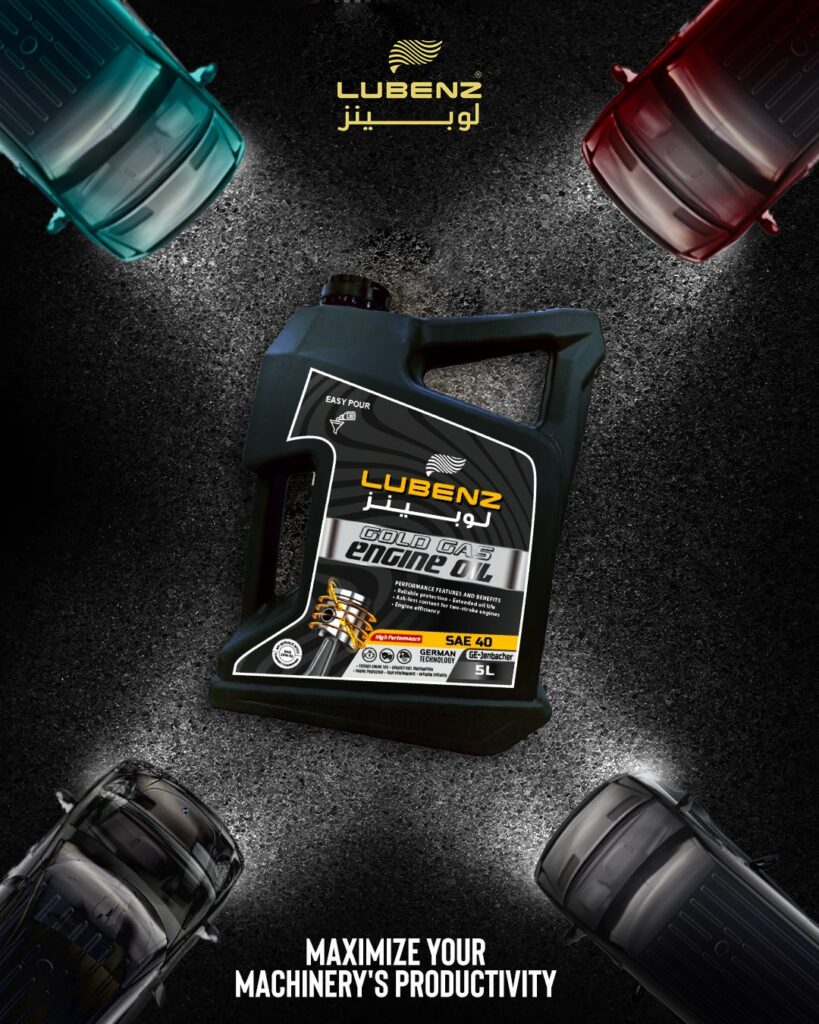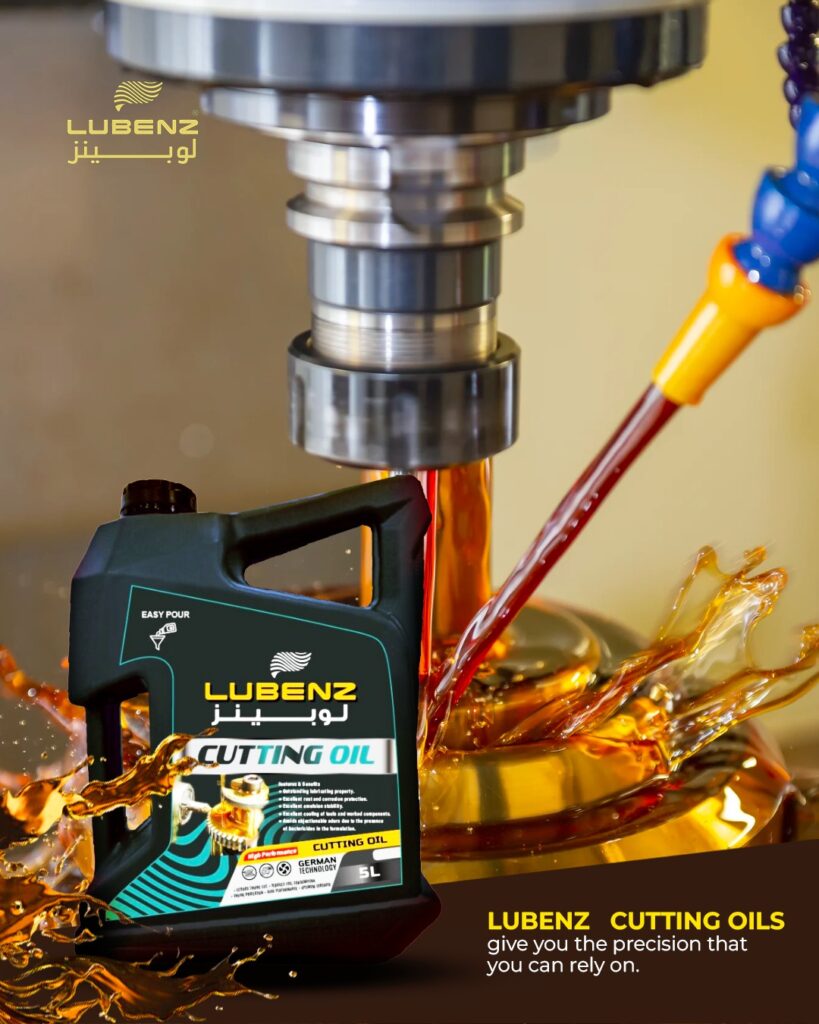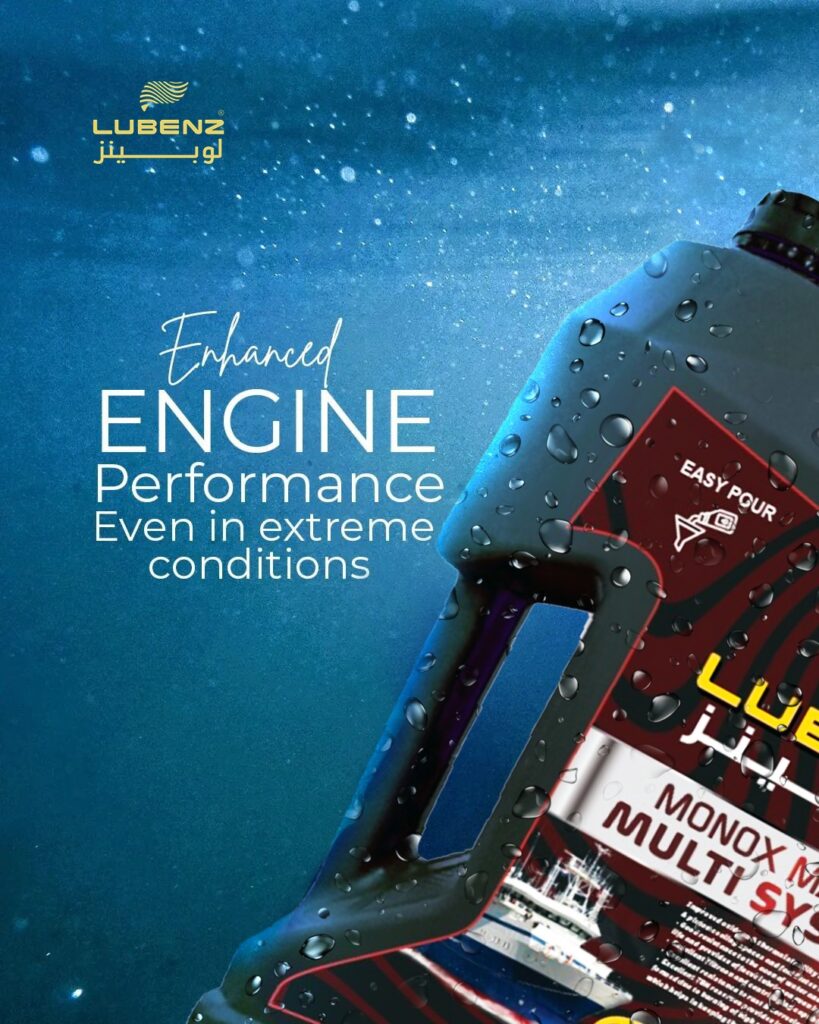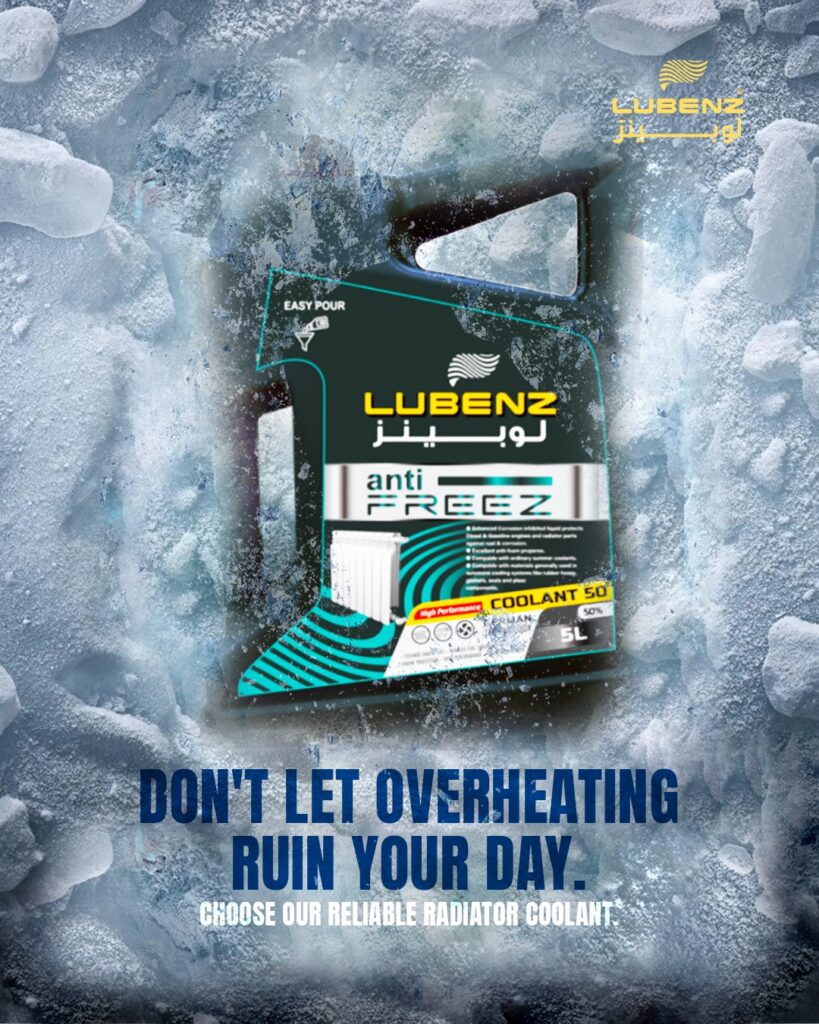1. Enhanced Equipment Performance
Specialty lubricants are designed to reduce friction between moving parts, ensuring smoother operation and improved efficiency of machinery and engines. Unlike conventional lubricants, they are formulated with advanced additives that provide superior lubrication, even under extreme operating conditions. This enhanced lubrication reduces resistance, allowing machines to function optimally with minimal energy loss. Whether in industrial machines, automotive engines, or manufacturing equipment, specialty lubricants help maintain consistent performance, reducing the risk of overheating and wear-related inefficiencies.
2. Extended Machinery Lifespan
One of the primary benefits of specialty lubricants is their ability to minimize wear and tear on mechanical components. Regular lubrication with high-quality specialty lubricants forms a protective layer on surfaces, preventing direct metal-to-metal contact and reducing abrasion. Over time, this protection significantly extends the service life of industrial and automotive equipment, saving businesses from frequent replacements and costly repairs. Proper lubrication management using specialty lubricants can help industries maximize their return on investment by prolonging the usability of critical assets.
3. Withstand Extreme Conditions
Specialty lubricants are specifically designed to perform under extreme conditions such as high temperatures, heavy loads, high-speed operations, and exposure to harsh chemicals. In industries like aerospace, marine, and mining, where equipment is subjected to intense pressure and environmental stress, specialty lubricants ensure reliable performance. Their unique formulations prevent thermal breakdown, oxidation, and corrosion, making them suitable for challenging applications where standard lubricants fail. These lubricants ensure uninterrupted operation, even in the harshest environments.
4. Energy Efficiency & Fuel Economy
Reducing friction not only enhances machinery performance but also improves energy efficiency. Specialty lubricants lower the energy required to operate mechanical components, reducing power consumption and fuel usage in vehicles and industrial equipment. For example, in automotive applications, advanced engine oils and transmission fluids contribute to better mileage and lower emissions. In industrial settings, energy-efficient lubricants help optimize production processes, leading to significant cost savings and environmental benefits over time.
5. Prevention of Equipment Failure
Unexpected equipment breakdowns can lead to significant financial losses due to downtime and repair costs. Specialty lubricants play a crucial role in preventing such failures by providing reliable and consistent lubrication under varying conditions. Their ability to maintain film strength and stability under extreme pressure ensures that moving parts remain well-protected. Additionally, specialty lubricants often include anti-wear and anti-corrosion additives that further enhance their protective properties, reducing the likelihood of mechanical failure and ensuring continuous productivity.
6. Industry-Specific Solutions
Different industries require lubricants with specialized properties to meet their unique operational needs. For example, food processing plants require food-grade lubricants that are non-toxic and safe for human consumption, while the aerospace industry needs lubricants that can function in extreme temperatures and pressure variations. Specialty lubricants are formulated to address these specific challenges, ensuring compliance with industry standards and enhancing overall operational efficiency. By using the right lubricant for each application, industries can improve performance, safety, and reliability.
7. Environmental Sustainability
As industries move towards greener practices, the demand for environmentally friendly lubricants has increased. Many specialty lubricants are designed to be biodegradable, non-toxic, and free from harmful additives, reducing their impact on the environment. These lubricants help industries minimize pollution, lower carbon footprints, and adhere to stringent environmental regulations. Additionally, energy-efficient specialty lubricants contribute to sustainability by reducing fuel consumption and emissions, making them a preferred choice for companies aiming for eco-friendly operations.
8. Compliance with Regulations
Different industries must adhere to strict regulations regarding lubricant use, particularly in sectors such as food production, pharmaceuticals, and marine applications. Specialty lubricants are formulated to meet these regulatory requirements, ensuring compliance with safety, health, and environmental standards. For instance, food-grade lubricants comply with FDA and NSF guidelines, while marine lubricants must meet IMO (International Maritime Organization) regulations for reducing marine pollution. Using specialty lubricants helps businesses maintain legal compliance while ensuring operational safety and efficiency.
9. Improved Thermal Stability
One of the critical advantages of specialty lubricants is their ability to resist oxidation and thermal breakdown, even under high-temperature conditions. In industries where machinery operates at elevated temperatures, such as metalworking, manufacturing, and power generation, specialty lubricants ensure stable performance. They prevent the formation of sludge, varnish, and deposits that could hinder efficiency and lead to equipment failure. This thermal stability helps maintain lubrication effectiveness over extended periods, reducing the frequency of lubricant changes and overall maintenance costs.
10. Versatility Across Industries
Specialty lubricants are essential for a wide range of industries, including automotive, aerospace, marine, manufacturing, construction, and energy production. Each industry has specific lubrication needs, and specialty lubricants are designed to meet these requirements with tailored formulations. Whether it’s high-performance engine oils for automobiles, high-temperature greases for industrial machines, or corrosion-resistant lubricants for marine vessels, specialty lubricants play a vital role in enhancing efficiency and reliability across multiple sectors. Their adaptability makes them an indispensable part of modern industrial and commercial operations.




